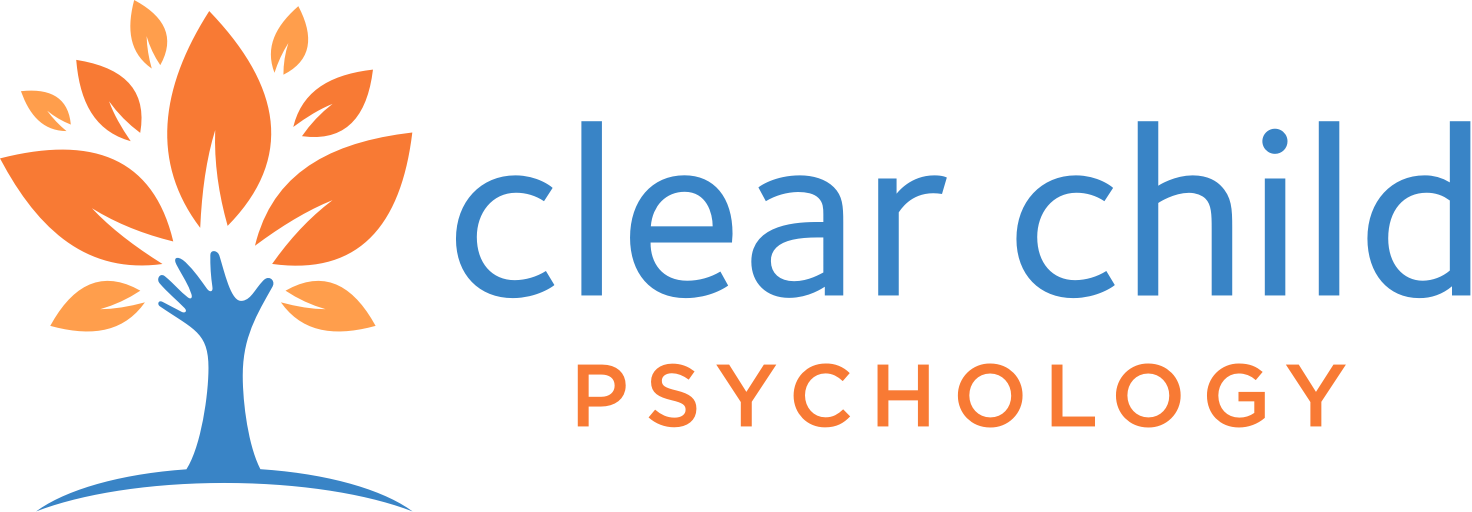When we hear the word “autism,” lots of things come immediately to mind — things we have seen in movies, or heard friends talk about, or even experienced directly. Unfortunately, many of our commonly held beliefs are actually based on myths. One of the most common myths about people with autism is that they don’t have the capacity for empathy.
Preconceptions based on myths like this can make it especially difficult for families to navigate certain behaviors and reactions. And it’s easy to take what seem like cold reactions, personally. In these situations, parents often feel like their relationship with their child is lacking the love and affection they expected from it. It’s frustrating, even heartbreaking, and it’s difficult to know what to do.
The truth is, many people with autism are deeply empathic; they just have a different way of processing and responding to emotion and stimuli.
We have found that once families begin investing time and energy to approach unique relationships differently, the results are astounding. And it all begins with diagnosis. Without a proper diagnosis, it’s impossible to understand the “what’s” and the “why’s.” And without those, it’s almost impossible to begin learning to relate to one another more deeply.
One of our clients, Kate, can attest to this.
After realizing a diagnosis was in order to create an effective parenting plan, she sat on a waiting list for two years hoping her children would get seen. At some point during those two years, she discovered the Telehealth diagnosis option we offer at Clear Child Psychology, and she decided to pursue the virtual appointment route. She was willing to try anything to get her children support and to better understand their needs.
We were able to connect and quickly schedule a series of appointments with Kate and one of her children. It was instantly apparent that this was going to be an important relationship for all of us.
Kate would tell you, “Throughout my interactions with CLEAR, the experience that I had with my daughter’s diagnosis was significantly more personal and immeasurably less painful than the experiences I had with other specialists. Was it hard to hear that my daughter had autism? Absolutely – but hearing it after such a collaborative process, where my child was included, understood, and valued, followed by a full report including my child’s strengths, areas of concerns, and what I could to support her growth – it was as though I had been traveling in the dark and suddenly there was someone with a light showing me the way forward. I had a path to help my child.”
Read Kate’s full story here, or click here to watch a video of her telling it.
The part of the story that really confirms that what we are doing is important, necessary, and meaningful, is the relational growth we have all witnessed — the ability to show affection, and the willingness to initiate love.
Kate says, “Our girls are both responding to interactions in new ways, making eye contact, waving, high fives. They are even blowing kisses :heart melts: … C now asks for “Dad,” and A called me “Mom” for the first time a few weeks ago. These are the moments that you so desperately long for when you have a child with autism. The everyday stuff that is so easily taken for granted.”
Do you find yourself wondering why your child doesn’t say, “I love you,” more? Do you feel rejected when you’re clearly hurting, but your child continues about their business as if nothing is wrong? Do you get frustrated when it’s difficult to relate easily about feelings and behaviors?
We would love to help make your journey a little easier and the way forward much more clear.
Warmly,
The Clear Child Psychology team
We’re Here to Help
Schedule a free 20-min Discovery Session to start getting support for your family’s unique path and learn more about our coaching and consultation options.




